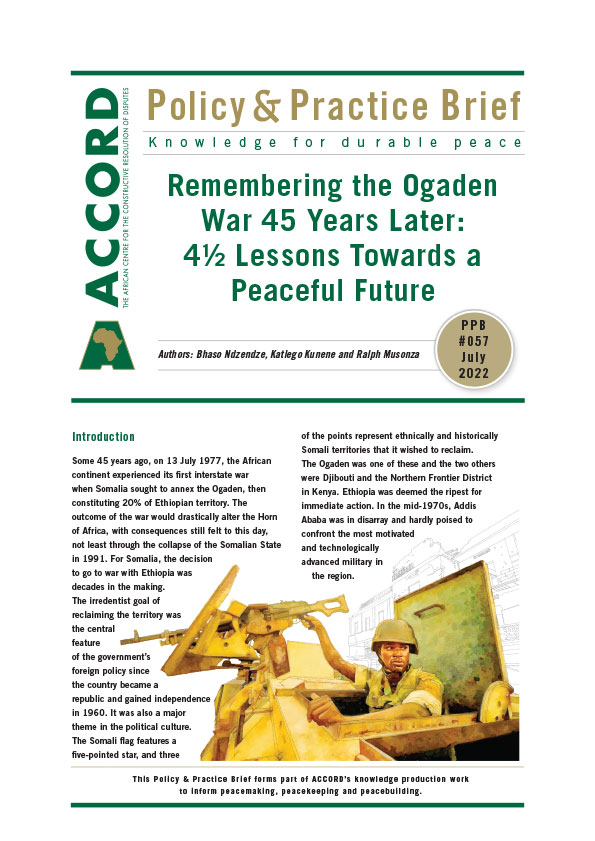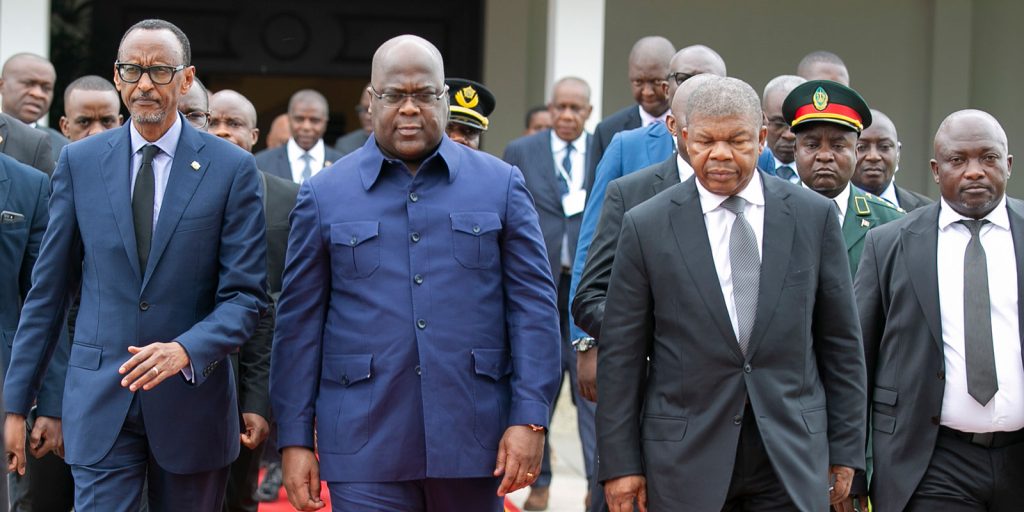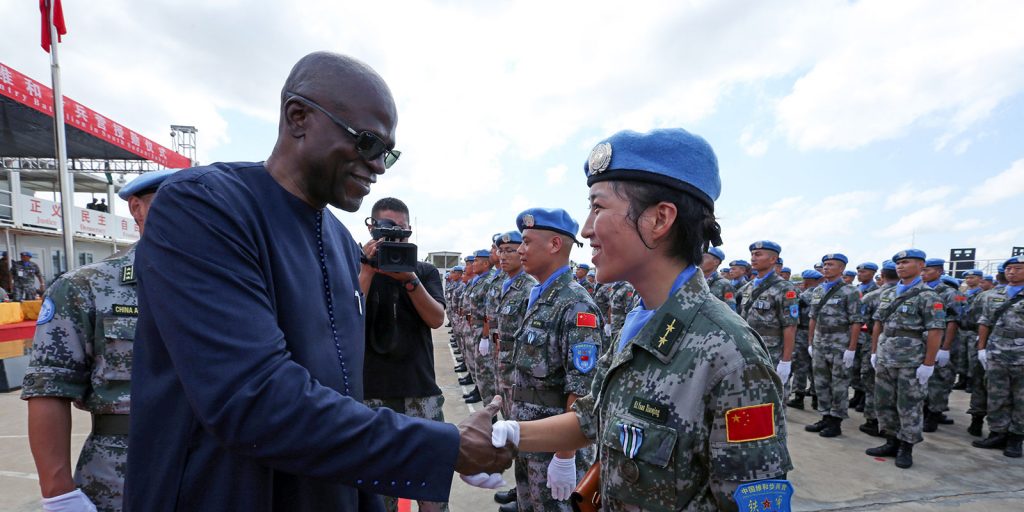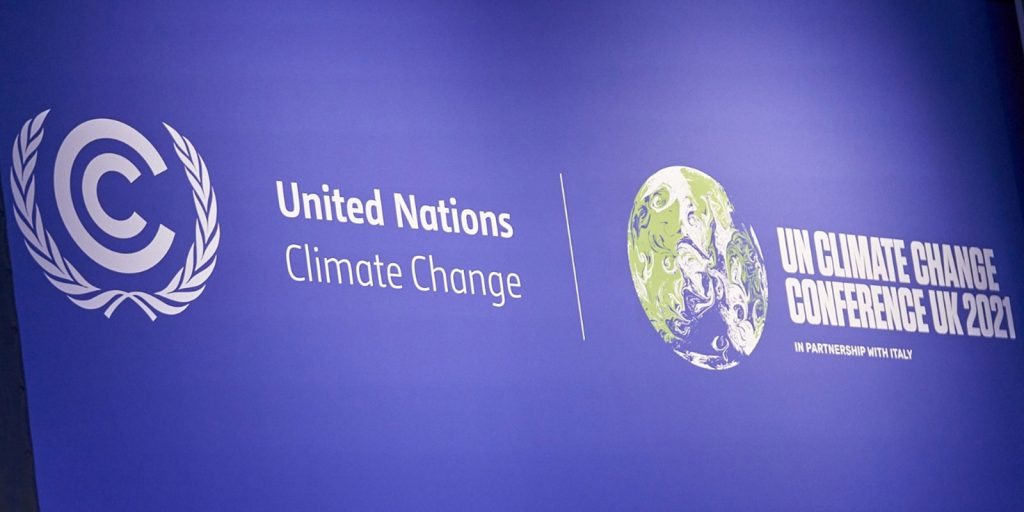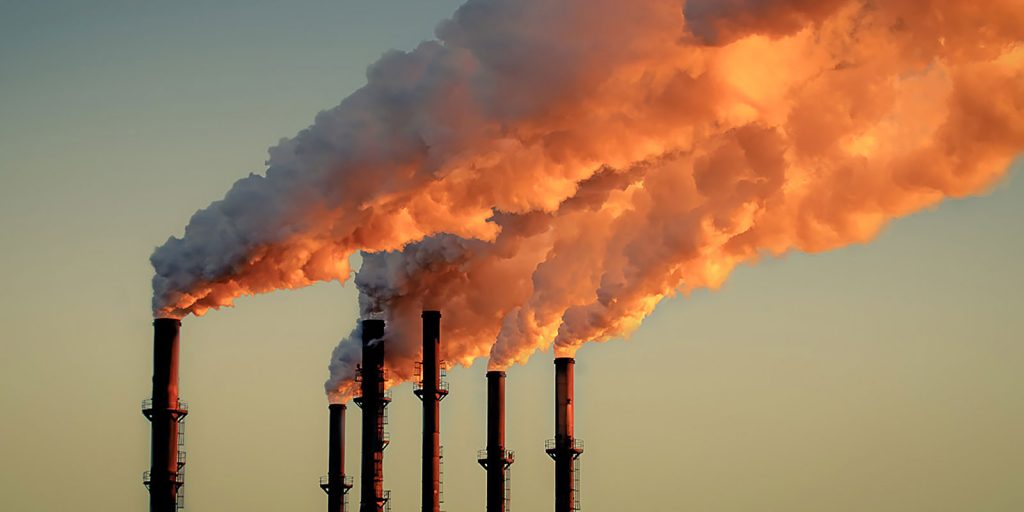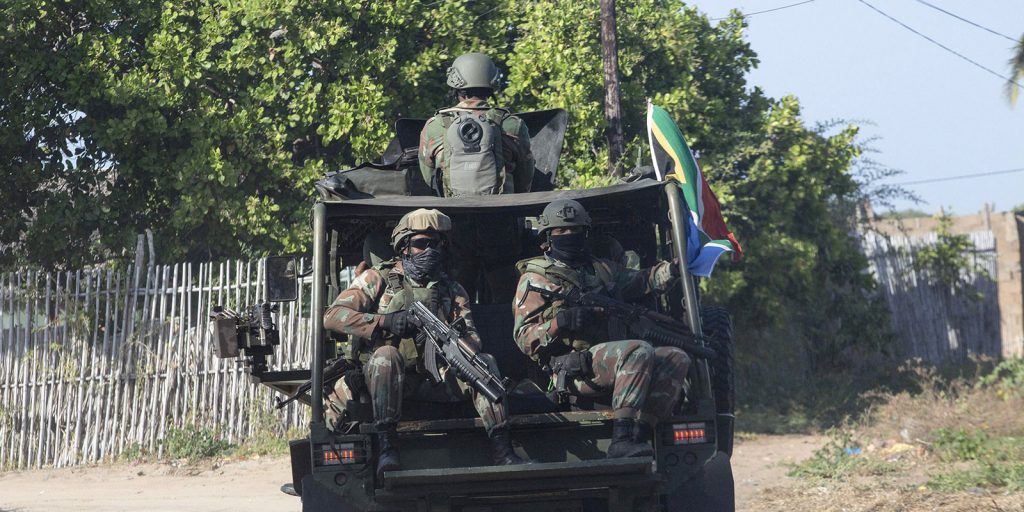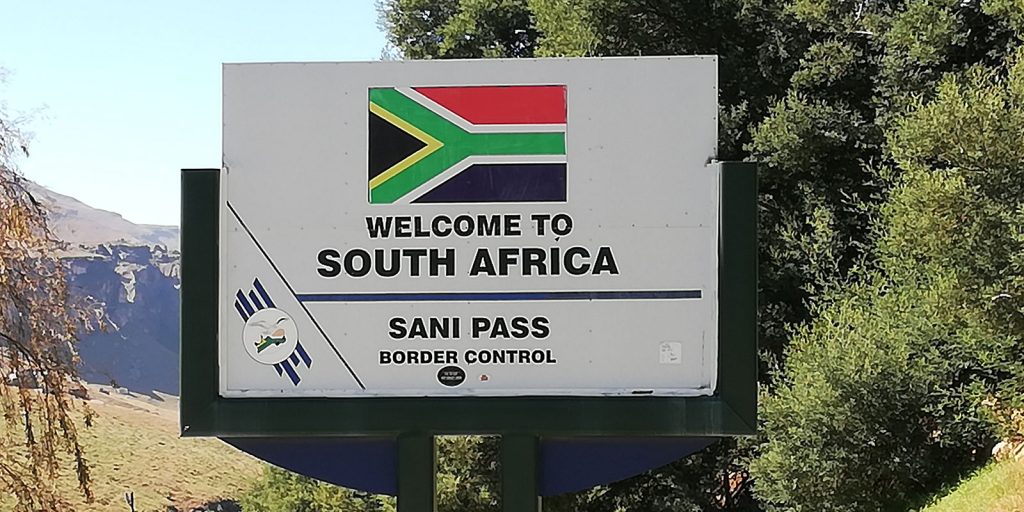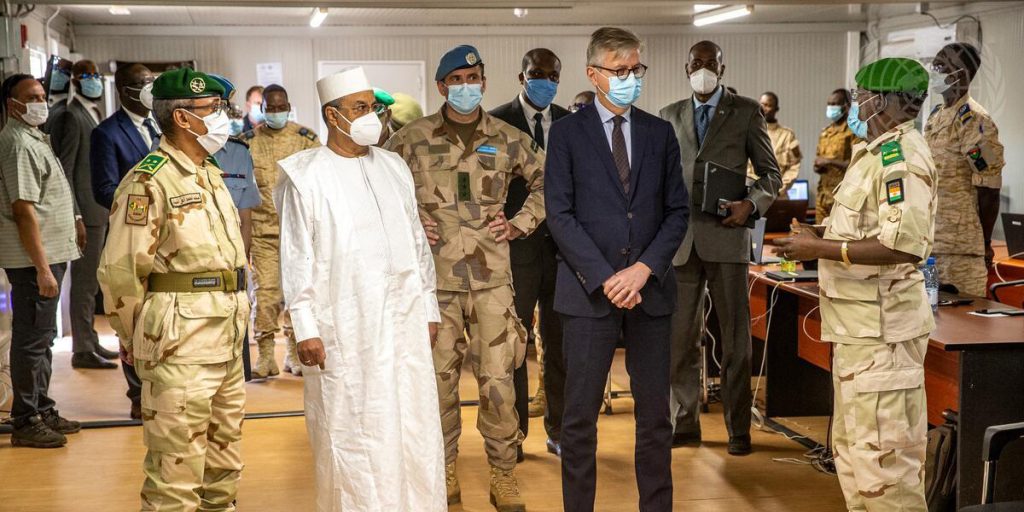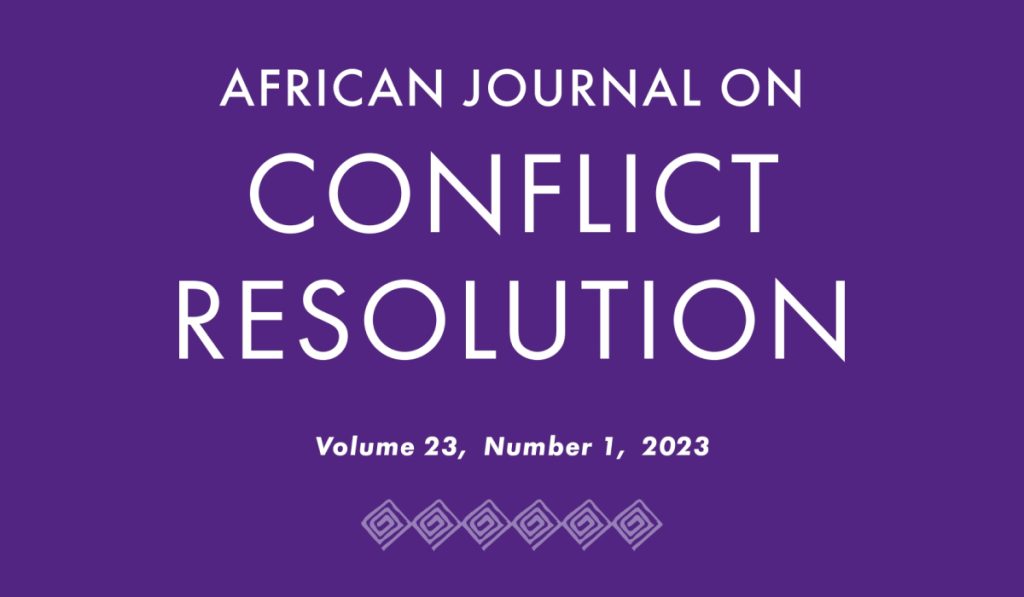
The Political Ecology of Farmer-Herder Conflict in Ghana: A Case Study of the Kwahu Afram Plains South District
This article examines the conflict between migrant farmers and nomadic herders in the Kwahu Afram Plains District and shows that conflict over access to land does not only occur between indigenous and migrant groups but also between migrant groups.

